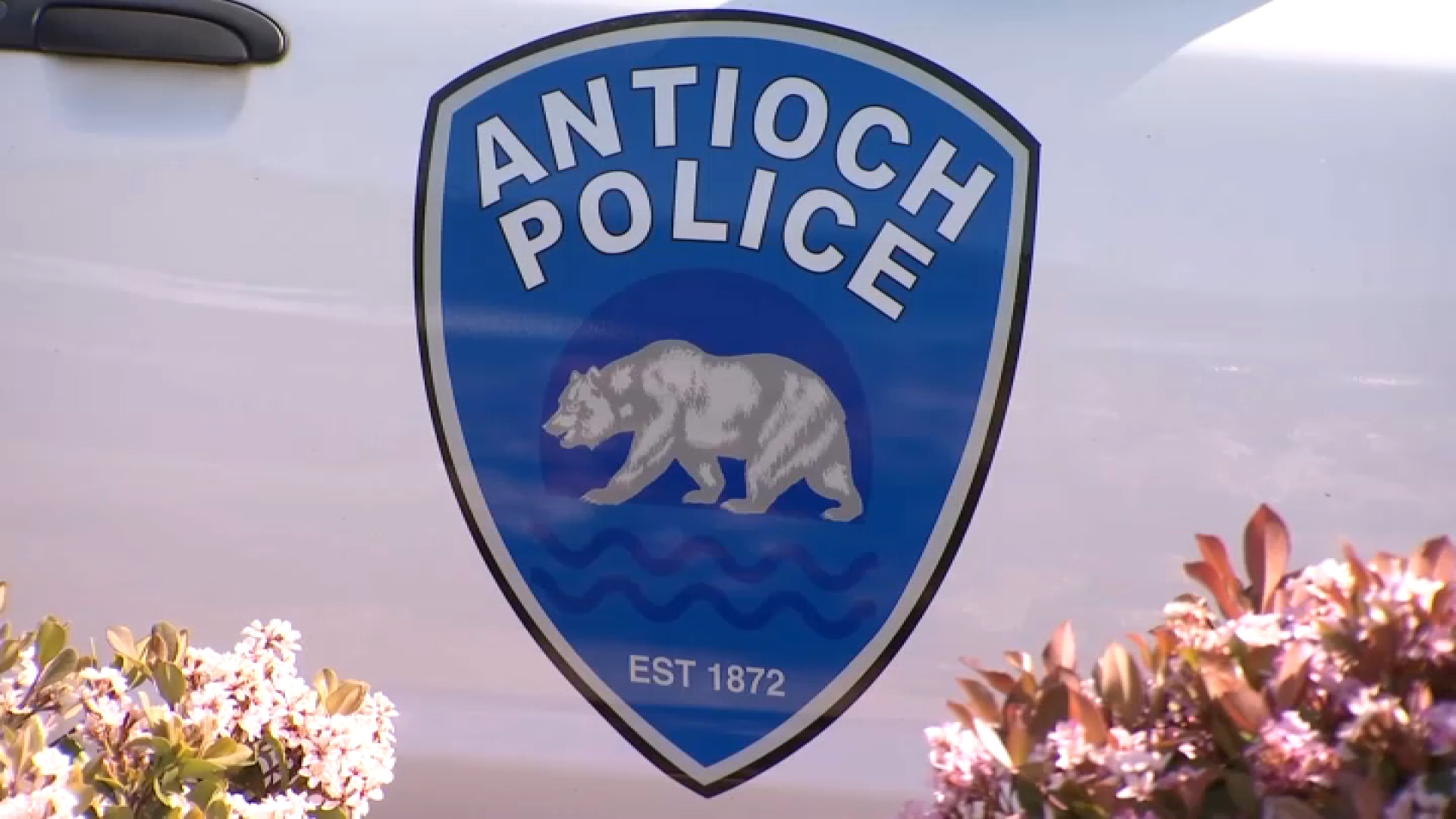For some, it’s a side hustle but for many struggling restaurants in the Bay Area, food delivery services like Doordash and Postmates are the main way they reach customers during the pandemic.
But it doesn’t come cheap for restaurants who have to pay a fee on all orders that go through the sites.
“We survive, we’re still hanging in there,” said Nanchaphon “Fon” Laptanachai, Funky Elephant co-owner.
The Funky Elephant is feeling more like the skinny elephant. The Thai restaurant’s co-owner says the pandemic has chopped away at half of their revenue. Survival now means relying on pick-up orders and one food delivery site.
“I can’t have more than one, since my costs are pretty high,” said Laptanachai.
Third-party delivery service apps can charge a restaurant as much as 30% to deliver a single order. This summer, Berkeley stepped in and said apps could not charge restaurants more than 15%. Then over the fall, Councilmember Rashi Kesarwani held a virtual meeting with local restaurant owners to hear how they were doing.
Local
“Our restaurants are continuing to struggle,” said Kesarwani.
This month, the city stepped in again, capping the delivery fee down to 10%. App companies may charge restaurants fees for other services like marketing but that must be capped at 5%.
“It’s really nice to have a city really pay attention to you as a small human in the city,” said Laptanachai.
Now – Laptanachai worries her customers might see extra charges tacked on their food delivery bill.
“I have heard that consumers may be charged more and that the third party apps are passing the cost along to consumers,” said Kesarwani.
NBC Bay Area reached out to multiple food delivery companies and only heard back from Doordash. A spokesperson for the company writes, “Legislation like this could lead to higher costs for customers, fewer orders for local restaurants and fewer earning opportunities for Dashers.”
Other Bay Area cities may follow Berkeley’s lead. Last week, San Jose Mayor Sam Liccardo proposed a 15% delivery cap. This week, two Santa Clara County Supervisors announced they support a similar cap.
“What I’m hoping for is that this cap will be temporary to help our restaurants get through the next few very difficult months,” said Kesarwani.
“It’s the feeling that they let us know that they would never leave us behind,” said Laptanachai.



